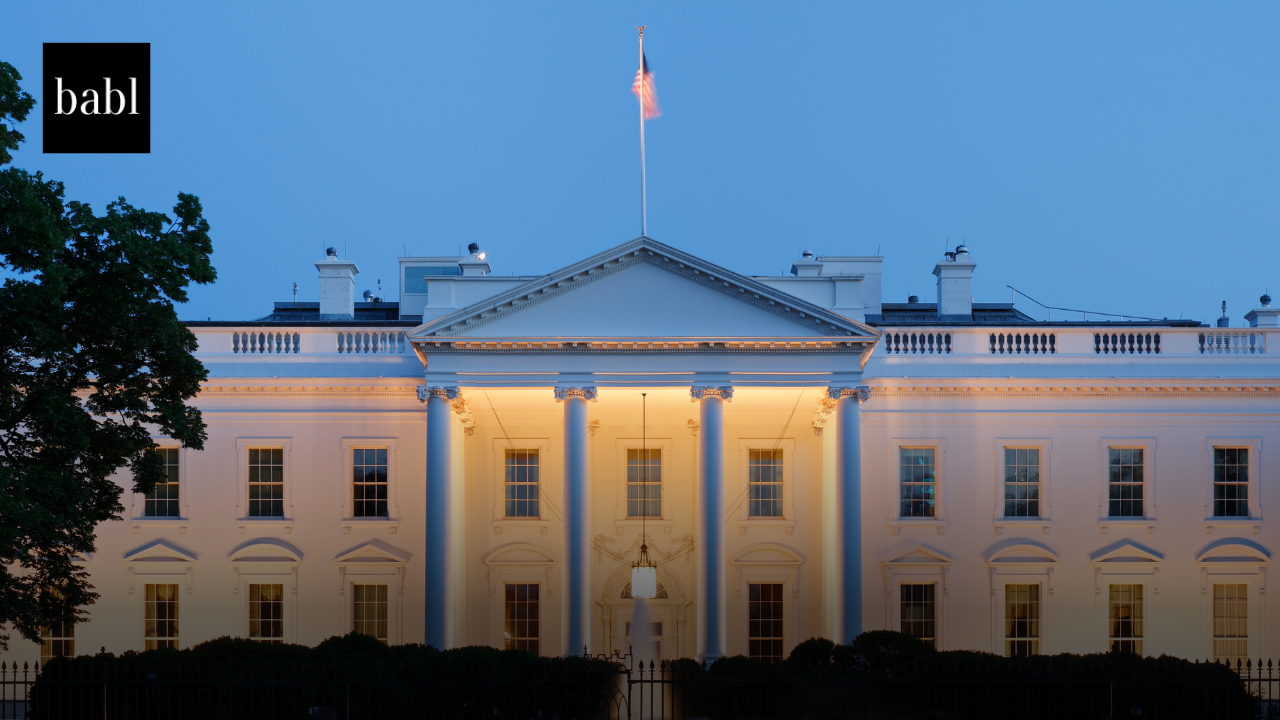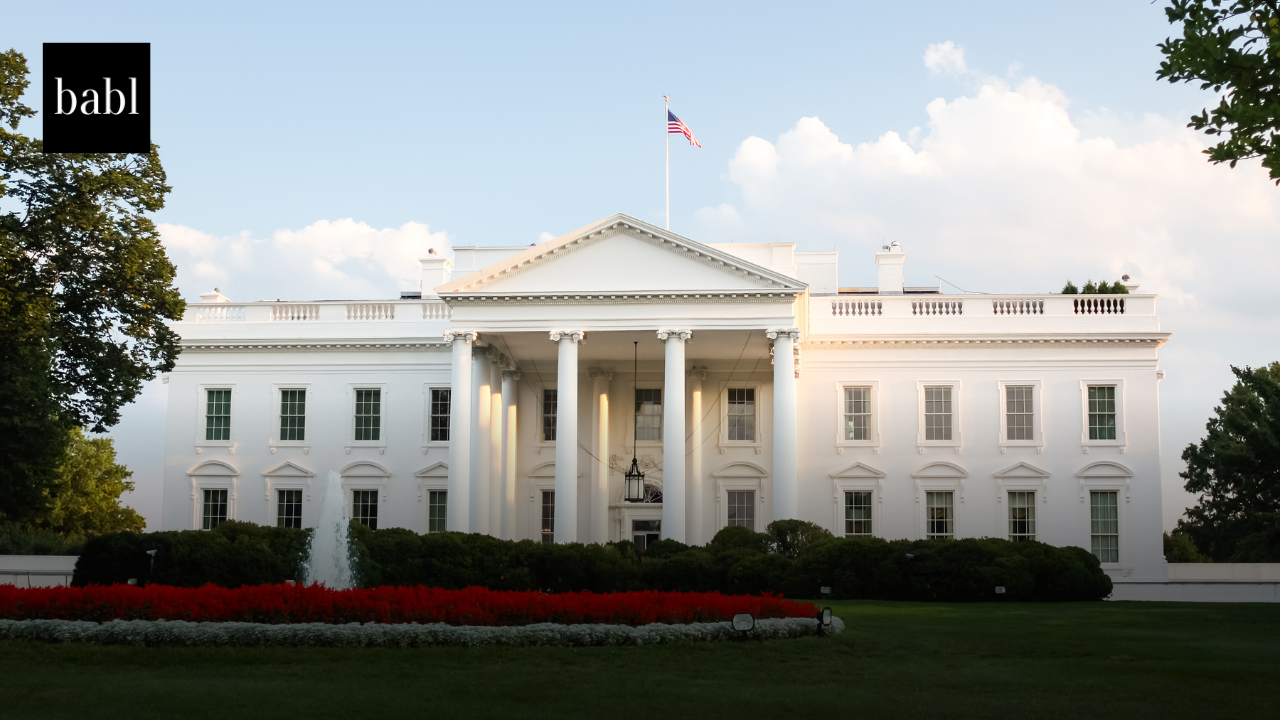UPDATE — JULY 2025: This story originally reflected the Biden Administration’s efforts to implement sweeping AI regulations under a 2023 Executive Order. However, that order was revoked on January 20, 2025, by President Donald Trump. The White House has since taken a different approach to federal AI governance, prioritizing deregulation and innovation incentives. Many Biden-era initiatives described below, including safety reporting requirements and federal AI hiring programs, have been paused, restructured, or rescinded entirely.
ORIGINAL NEWS STORY:
What the Biden Executive Order Set in Motion
It’s been three months since U.S. President Joe Biden issued an Executive Order to manage the risks and rewards when it comes to AI. In a press release, the White House is touting how the Order spurred action across the government to strengthen AI safety and security, protect privacy and civil rights, support workers and consumers, promote innovation and competition, advance U.S. leadership globally, and more.
Today, the White House AI Council met to review progress. Agencies have completed the 90-day actions and advanced longer-term directives. This marks substantial progress toward the Order’s goals of protecting Americans from AI risks while catalyzing innovation.
Industry Implications
To mitigate AI safety and security risks, agencies took several key steps. The Department of Commerce used authorities to compel developers of powerful AI systems to report safety test results and details on systems and computing resources. A proposed rule would require U.S. cloud companies to report when foreign clients train advanced AI models that could enable harm. Federal agencies completed AI risk assessments for all critical infrastructure sectors, ensuring safe AI integration into vital systems.
To accelerate American AI innovation, agencies launched a computing resource pilot through the National AI Research Resource. This provides researchers and students with access to computing power, data, models, and more from government and private partners. Agencies also began large-scale hiring of AI talent into government, including data scientists. New flexibilities and tech talent programs are facilitating recruitment. The EducateAI initiative is funding development of inclusive K-12 through undergraduate AI curricula.
Additionally, the National Science Foundation is launching Regional Innovation Engines focused on advancing AI. It begins with a $15 million investment in the Piedmont Triad Regenerative Medicine Engine. The Department of Health and Human Services created an AI Task Force to provide regulatory clarity and catalyze health care AI innovation while addressing issues like bias in algorithms.
The White House released a table showing the accomplishments by federal agencies that can be found HERE.
If you have any inquiries or need assistance on any AI laws globally, reach out to BABL AI. Their Audit Experts are ready to provide valuable assistance.





